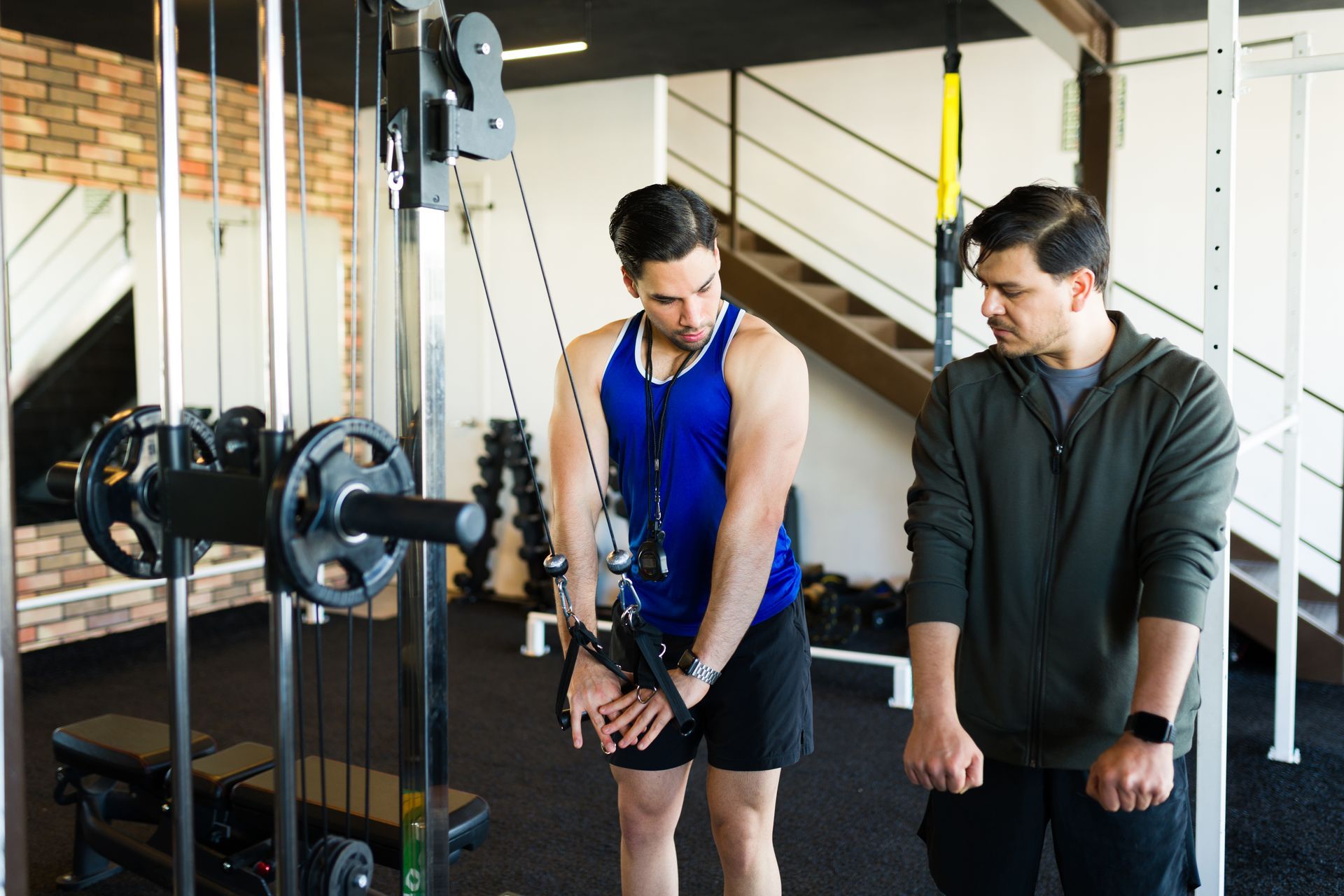April 24, 2023
The Benefits of Strength Training for Women
Is weight training just as beneficial for women as it is for men? Nashville Personal Trainer, Jim Cipriani breaks it down for you!

For the ladies who haven’t jumped on board yet, it's time to shatter some misconceptions and embrace the power of strength training!
For too long, the idea of lifting weights was only associated with bulky muscles and intimidating gym rats.
But the truth is strength training offers a plethora of benefits for women of all ages and fitness levels.
Not only can it help build lean muscle mass, but it can also boost confidence, improve bone density, and even reduce the risk of chronic diseases.
So, grab those dumbbells, and let's debunk some myths while we build some serious strength and self-assurance!
The Modern Body Image
It's no secret that the modern body image for women has become warped and distorted, with unrealistic and often unattainable standards being portrayed in the media.
This can lead to feelings of inadequacy, shame, and even harmful behaviors such as disordered eating and excessive exercise.
However, it's important to note that the aim of this article is NOT to promote a certain body type or shape.
Rather, it's about highlighting the unique benefits of strength training for women and encouraging them to embrace their individuality and strength.
Whether you're petite, curvy, tall, or anything in between, the benefits of strength training are available to anyone who is willing to put in the work.
So, let's focus on what our bodies can do rather than what they look like and harness the power of strength to feel strong, capable, and confident in our own skin.
Myths About Women & Training
It's often assumed that the gym is dominated by men, and this can lead to common misconceptions about training for women.
Some of these beliefs are not only inaccurate, but also harmful, as they limit women's potential and perpetuate gender stereotypes.
Let’s have a look at the 3 most common misconceptions!
#1 Becoming Masculine
One of the most common misconceptions about weight training for women is that it will make them masculine and bulky.
This myth has persisted for decades, despite being completely unfounded in reality.
The truth is that women simply don't have enough testosterone to develop the same masculine features as men, no matter how heavy they lift.
Rather than making women bulky, strength training can help them develop the lean muscle mass that enhances their natural curves and improves overall body composition.
In fact, weight training can help women achieve a toned, athletic look that is both feminine and strong.
So, let's put this myth to rest and recognize the many benefits that strength training has to offer, without fear of becoming "too muscular."
#2 Not Needed for Weight Loss
Another common misconception is that weight training is not necessary for weight loss and that cardio alone is enough to shed excess pounds.
While it's true that the only truly mandatory thing for weight loss is a caloric deficit, weight training should not be overlooked as a valuable tool for weight loss.
In fact, weight training can provide a plethora of benefits during a period of weight loss, including improved metabolism and enhanced overall body composition (It’s worth noting that fat loss and weight loss are not necessarily the same thing. You can lose weight while much of it being muscle. NOT what we want…read on).
Weight training can help prevent the loss of muscle mass that often occurs with dieting, leading to a more sustainable weight loss journey.
So, ladies, while weight training may not be mandatory for weight loss, it can certainly be a valuable addition to any fitness routine and should not be overlooked.
Skip on that 40-minute treadmill session and get squatting!
#3 Weightlifting Is Dangerous
Another common misconception about weight training is that it is dangerous and puts you at high risk of injury.
However, when done correctly and with proper form, weight training is a safe and effective way to improve overall strength and fitness levels.
In fact, weight training can help prevent injury by strengthening muscles and joints, improving posture, and reducing the risk of falls and other accidents.
Additionally, weight training can help women build strong bones and prevent osteoporosis, a common condition that affects many women as they age.
Of course, it's important to start slowly and gradually increase the intensity and weight of your workouts as your strength improves and to seek guidance from a qualified trainer if you're unsure about proper form or technique.
So, let's dispel the myth that weight training is dangerous for women and embrace the many benefits it has to offer.
In Conclusion
The benefits of strength training for women are numerous and diverse, yet many misconceptions persist about its effectiveness and safety.
The truth is that weight training can help women of all ages and fitness levels build strength, improve overall health, and boost self-confidence.
By dispelling common myths about weight training, we can empower more women to take control of their fitness and achieve their goals. Whether you're a seasoned gym-goer or just starting out on your fitness journey, incorporating strength training into your routine can have a profound impact on your physical and mental wellbeing.





